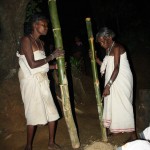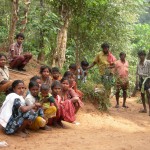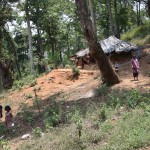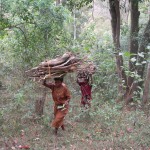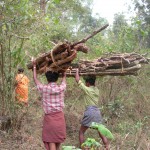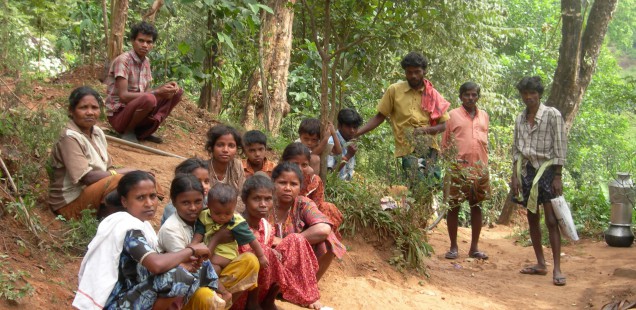
Rights and identity in the Nilgiri (India)
Assisting tribal communités to organize, claim their rights and improve their livelihoods in a mountainous forest region (implemented by Women for Sustainable Development, Vivasaigal Thozhilalargal Munnetra Sangam and Erumad Adivasi Kurumba Munnetra Sangam; Nominator Antonella Cordone)
The initiative aims at fostering the equitable access and use of natural resources for the indigenous communities of the Nilgiri biosphere reserve. The Nilgiri (literally Blue Mountains) are situated at the junction of the three States of Tamil Nadu, Kerala and Karnataka. In1986, UNESCO endorsed its declaration as first biosphere reserve of India. Non Timber Forest Products (NTFP) play an important role in the traditional livelihoods of tribal communities and, in particular, of the Kattunaickans (the “kings of the forest”) living in the buffer zone of Mudumalai National Park. This people use forest products for various purposes such as housing, firewood, medicine and food. Securing the livelihoods of forest-dependent people such as the Kattunaickans and conserving biodiversity requires good governance and sustainable management of forest resources. The main challenge they face, however, is to ensure territorial security and the legal recognition of their collective rights of ownership, use and control over customary land and resources.
The Kattunaickans and other tribal groups of the area are squeezed between Mudumalai Sanctuary – a Tiger Conservation Area where their customary forest rights have been eroded – and the land of big tea estate companies. This initiative will support Kattunaickans to plan, implement and manage their own development process and to negotiate with the relevant authorities towards their own governance of customary lands, forests and biodiversity. The activities will address their concerns over forest land and access to natural resources, with a specific focus on legal and institutional issues. In order to promote sustainable livelihoods strategies the initiative will also seek to increase the productivity of the land for farming, and better market opportunities for the products collected from the forest. Finally, it is hoped that the initiative will support the identification, mapping and demarcation of the Kattunaickans’ territory (possibly including a community conserved area) and promote the local ecological knowledge and cultural values of the forest-dependent indigenous communities (e.g., through the revival of a traditional festival in the forest sacred grove).

